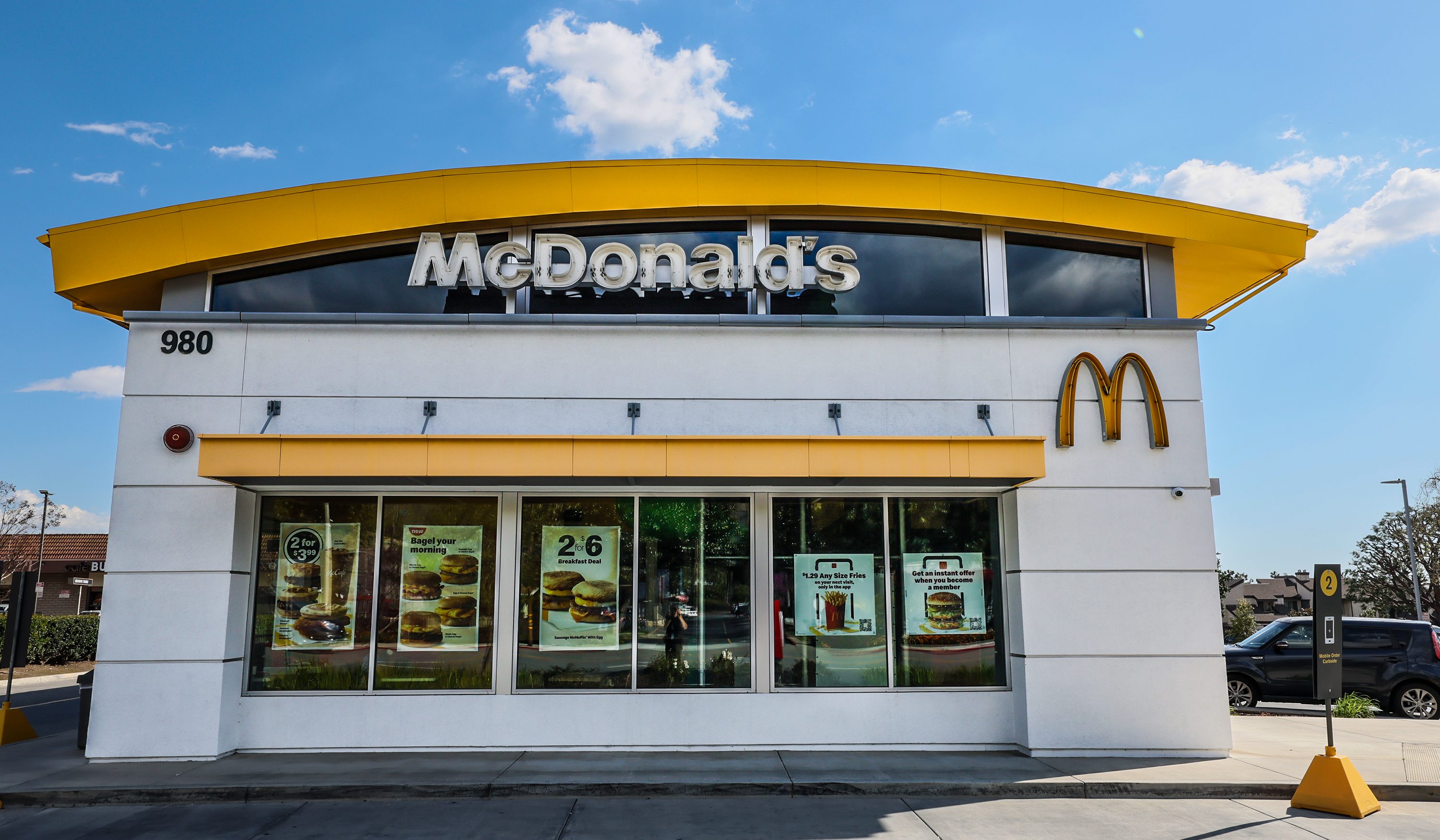
In Bayou La Batre, shrimpers are fighting to save their livelihood and their way of life.
It’s been four months since Henry Barnes, the mayor of this struggling fishing village in southern Alabama, wrote to Donald Trump for help.
A flood of cheap imported shrimp is killing the local seafood market, he wrote, thanks to “low and non-existent tariffs.” He invited Trump, for whom he voted, to come visit Bayou La Batre, known as Alabama’s Seafood Capital.
Watch NBC6 free wherever you are
But thus far he hasn’t heard back. “He’ll eventually get around to us,” said Barnes, a third-generation net-maker. “I mean, we’re just a small town.”
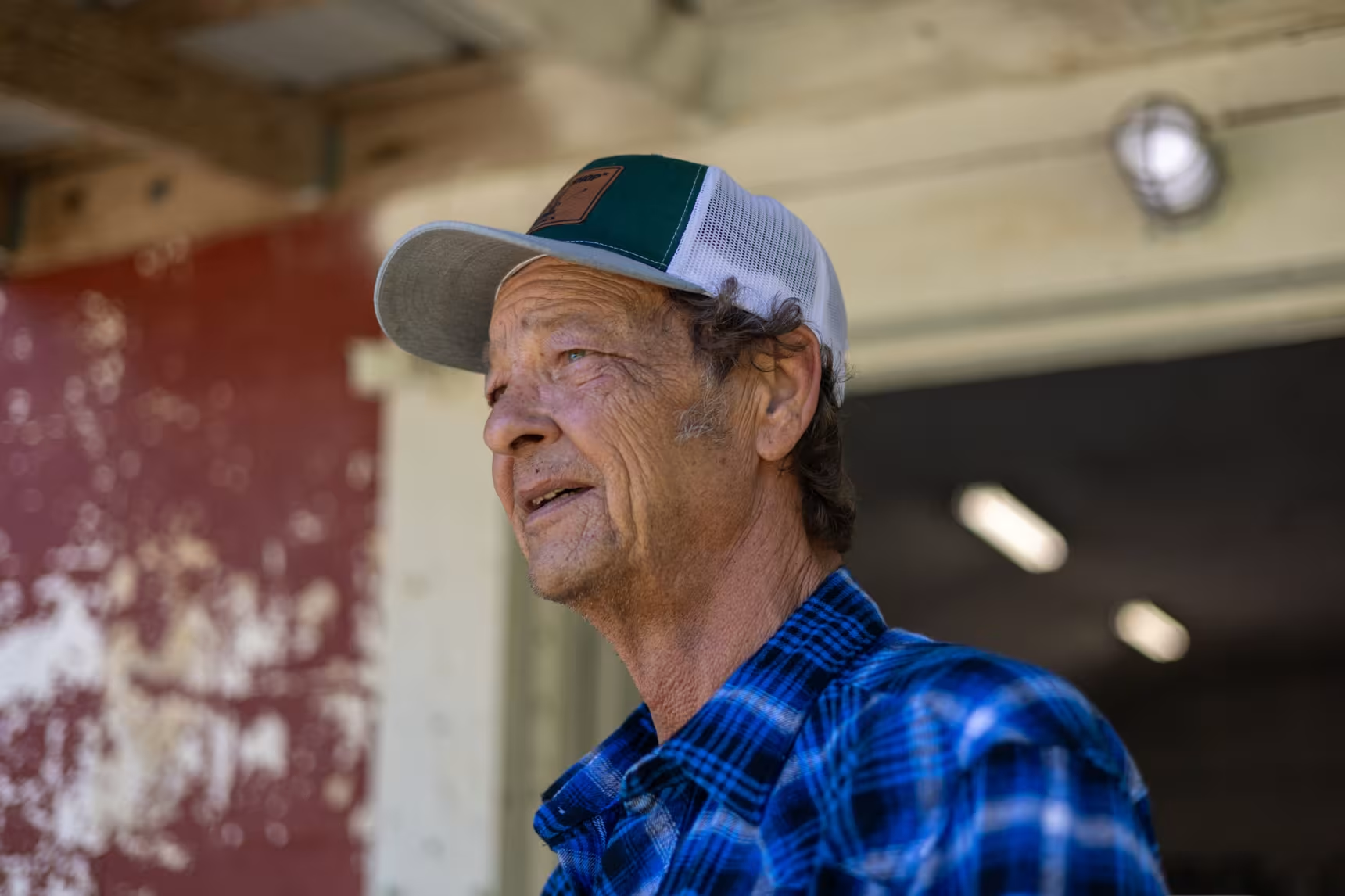
Get local news you need to know to start your day with NBC 6's News Headlines newsletter.
Like many shrimpers in this town of roughly 2,000, Barnes hopes Wednesday might bring some relief. Trump has dubbed it “Liberation Day,” and the administration is expected to roll out a broader tariff strategy, the details of which remain unclear. A White House official said “it is considering a range of imports that are undermining American producers.”
Unlike lobstermen up north, who rely on Canada as a trading partner, the U.S. shrimp industry largely sells domestically, so it is less fearful of retaliation and more eager for tariffs, which would raise the price of foreign shrimp. As it is, shrimpers say imports, which account for more than 90% of shrimp consumed in the United States, force them to slash their prices to stay competitive.
Barnes sees the problem as an existential threat to Bayou La Batre. Half the town is employed in the marine sector, and Barnes estimates that the town’s overall tax revenue has dropped in recent years by roughly 30 %.
U.S. & World
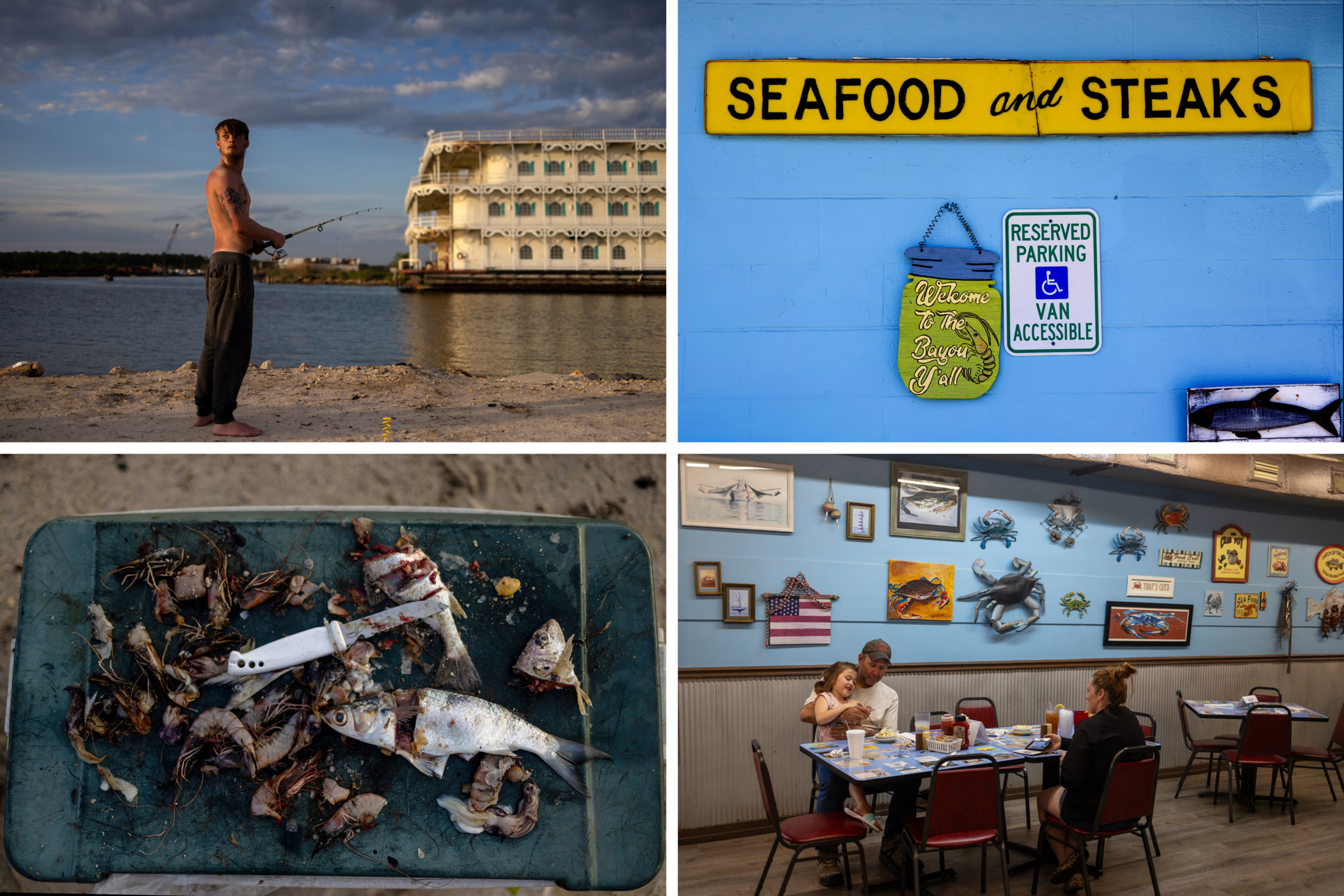
It’s a problem that extends far beyond Bayou La Batre. According to NOAA Fisheries, an agency of the National Oceanic and Atmospheric Administration, the total value of U.S. shrimpers’ catch shrank from $522 million in 2021 to $268 million in 2023.
In February, Rep. Clay Higgins, R-La., sent a letter asking Trump to assist the state's seafood industry by imposing tariffs of up to 100% on shrimp and crawfish imports.
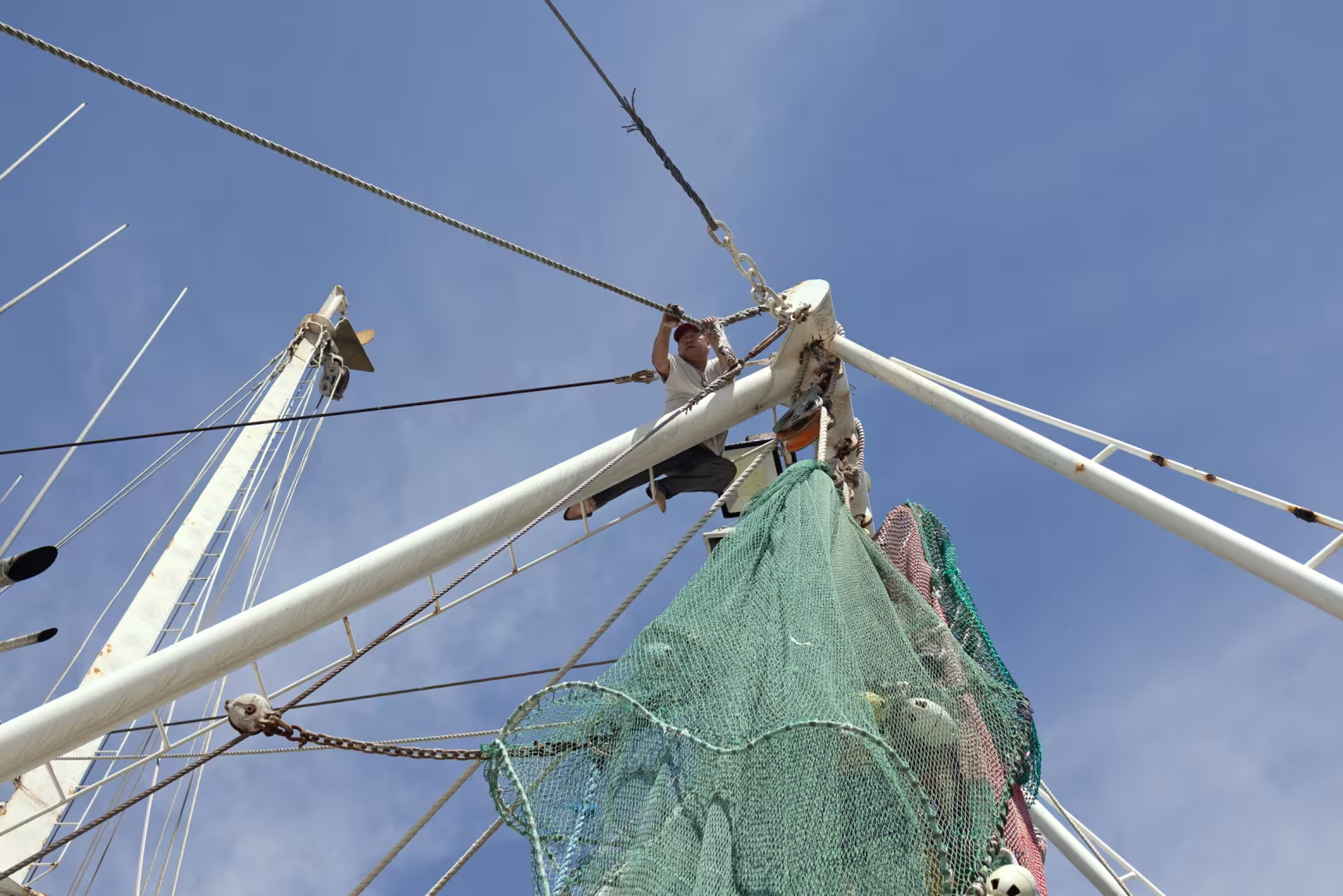
And in recent weeks, the Trump administration has received nearly 200 comments from individual shrimpers and industry organization, many describing the bleak outlook of the business and asking for higher tariffs.
“A lot of people look at a tariff as a punishment, but we’re not trying to punish them,” said Steve Bosarge, president of the Southern Shrimp Alliance, a trade association. “We just want to be at a level where we all can compete.”
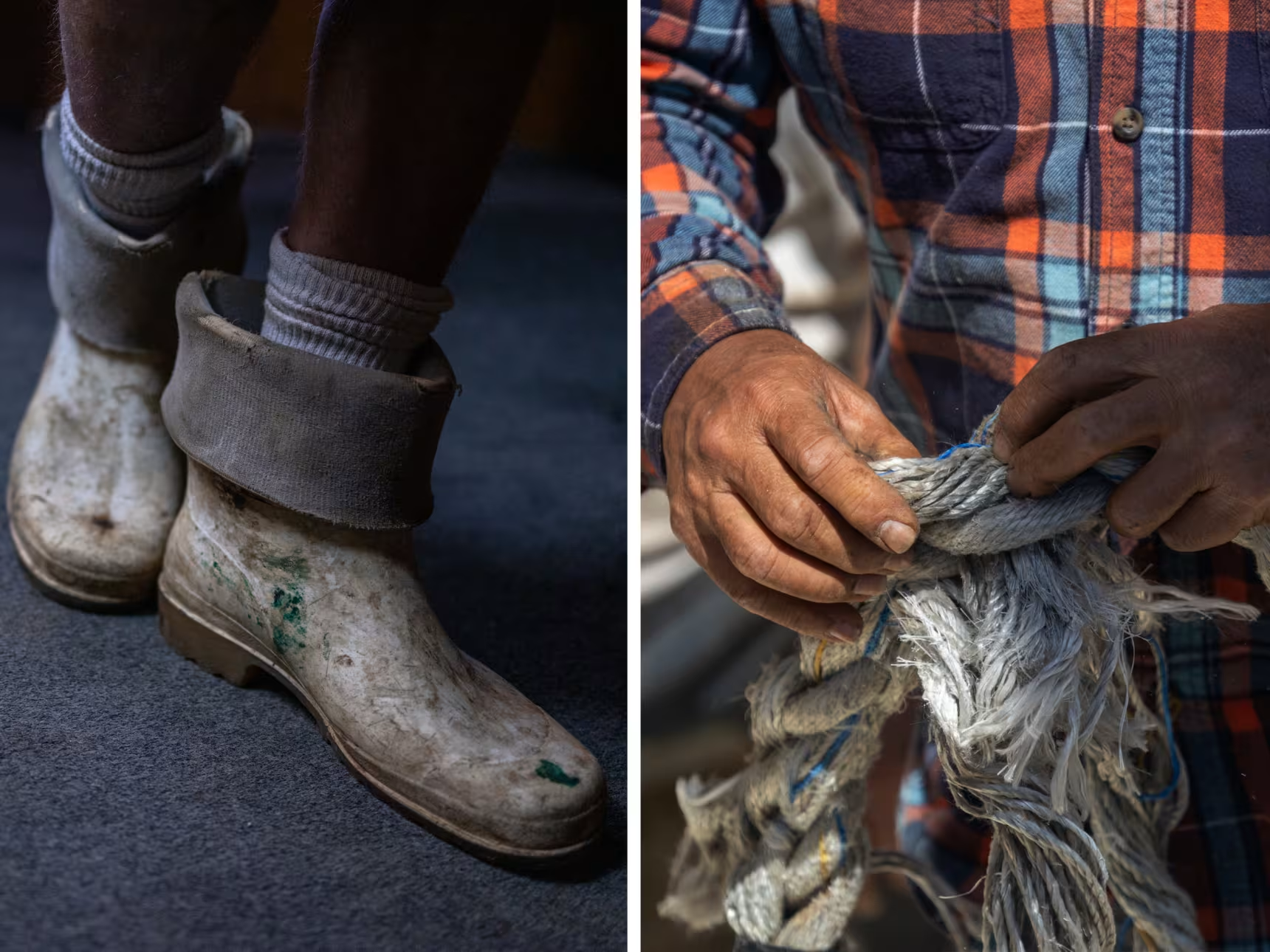
At the docks on Bayou La Batre’s Shell Boat Road, an acrid smell wafted in the air as a worker onboard a shrimp boat crouched down with a blowtorch.
On the Integrity, docked to its left, crew members just back from a trip to Key West, Florida, divvied up pink shrimp to take home.
One of the boat’s owners, Charlie Rodriguez, 46, reflected wearily, “A can of dog food is more expensive than a pound of shrimp.”
The price shrimpers collect for medium-size headless shrimp in the Gulf Region went from $2.85 per pound four years ago to $1.64 in June. Though prices are up slightly this year, shrimpers say they are still struggling, especially once you factor in fuel and maintenance.
“Everybody who has worked in this industry has felt pain,” he said.
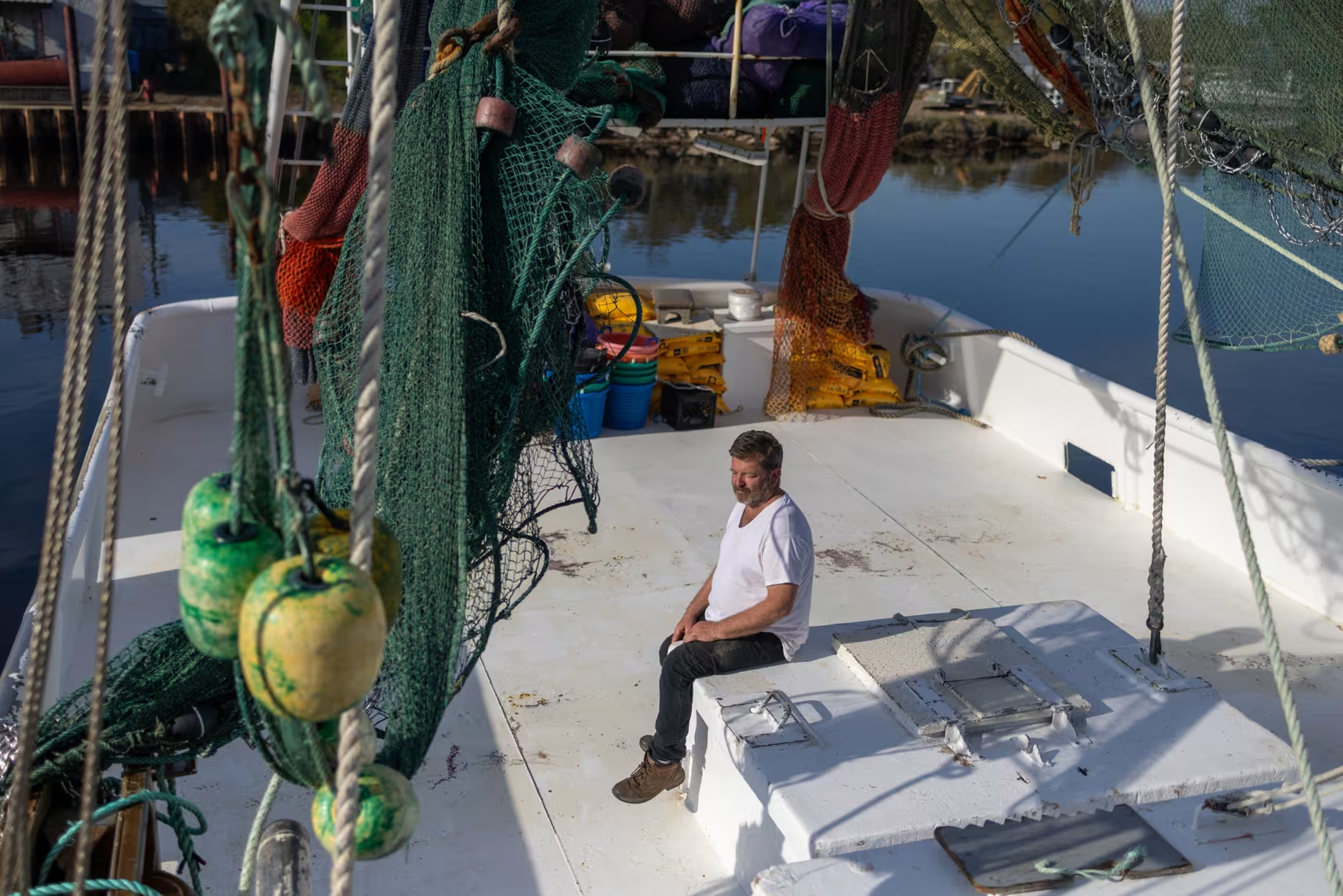
Shrimper Jeremy Zirlott, 52, who owns three shrimping boats and works alongside his wife, Kim, said they’ve certainly felt it.
At a shipyard last Tuesday, he pointed out the work that needed to be done on his steel boat, the Kimberly Celeste, as a tan dog rested nearby in a mound of black grit used for sanding.
“You heard of a junkyard dog?” he said, smiling. “That’s a shipyard dog.”
During the pandemic, Zirlott said, he was caught off guard by the surge of imports. Suddenly, farm-raised shrimp from Ecuador were filling local shrimp processors’ cold storage facilities. From 2019 to 2023, Ecuador more than doubled the amount it was exporting into the United States.
Prices took a tumble. Over the next few years, Americans were paying more for cars, gas and groceries, but shrimpers were seeing less for their hauls.
“I call it the ‘chickenization’ of shrimp,’” Zirlott said. “Shrimp used to be a luxury item; now it’s gotten to where it’s one of the cheapest proteins.”

Whether they’re on a trawler or working in the icehouse, many in Bayou La Batre depend on shrimping for work. At a metal station at Graham Shrimp Company, two women wearing hairnets and rubber boots ran their gloved hands over popcorn-sized pink shrimp that had been caught in Key West, feeling for any bits of remaining shell or roughness, discarding the byproduct to the floor.
Bosarge, of the Southern Shrimp Alliance, said tariffs are one tool to address what veterans call the “graying of the fleet,” as captains and crew members began to age out.
In fiscal year 1995, there were 1,423 commercial shrimp license-holders in Alabama, according to the state’s Marine Resources Division. Last year, the agency’s preliminary data recorded only 407.
One of Bosarge’s daughters, Leann, has continued in the family business with him, but plenty of other shrimpers have seen their children walk away. “These guys are working twice as hard as they used to work for half the money,” he said.
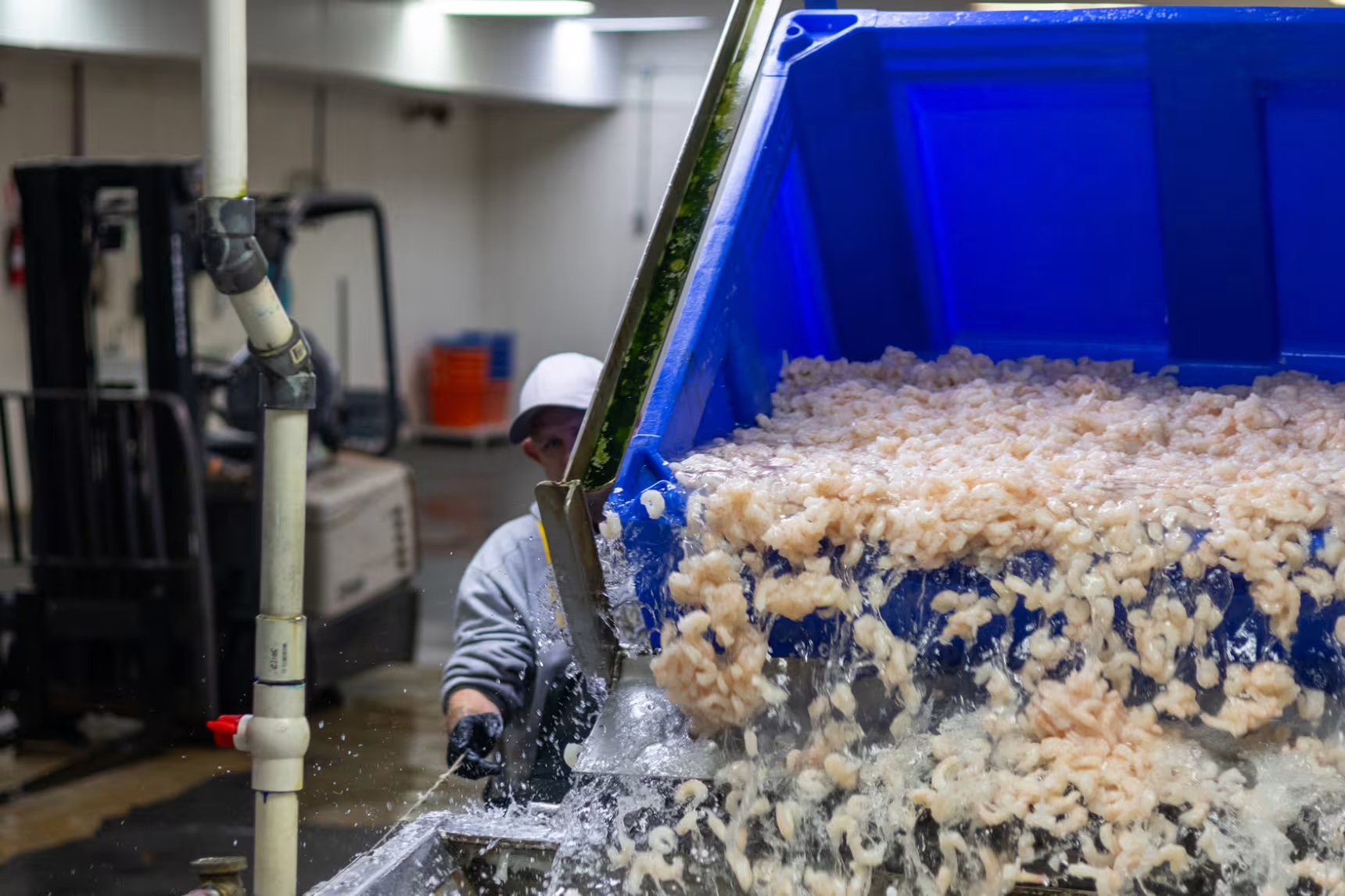
In December, after an investigation, the International Trade Commission agreed to levy tariffs on Ecuador, India, Vietnam and Indonesia for at least five years. But some in the industry consider them too low to make a significant difference.
Shrimpers want other things, too: more testing of shrimp imports for banned antibiotics, federal legislation meant to limit U.S. support for aquaculture abroad. But, for Bosarge, tariffs are a start.
About 200 miles away in Venice, Louisiana, shrimper Acy Cooper, 64, president of the Louisiana Shrimp Association, says the same thing.
“We really need good tariffs to make it feasible to go to work,” he said. “This industry is dying.” Last summer, he stopped shrimping to drive a barge for three months to make ends meet. But that dried up, too, when he was laid off.
He prefers shrimping anyway. “This is where I want to be,” he said, adding that he loves watching the sunrise and the sunset from his boat. “It’s in my blood.”
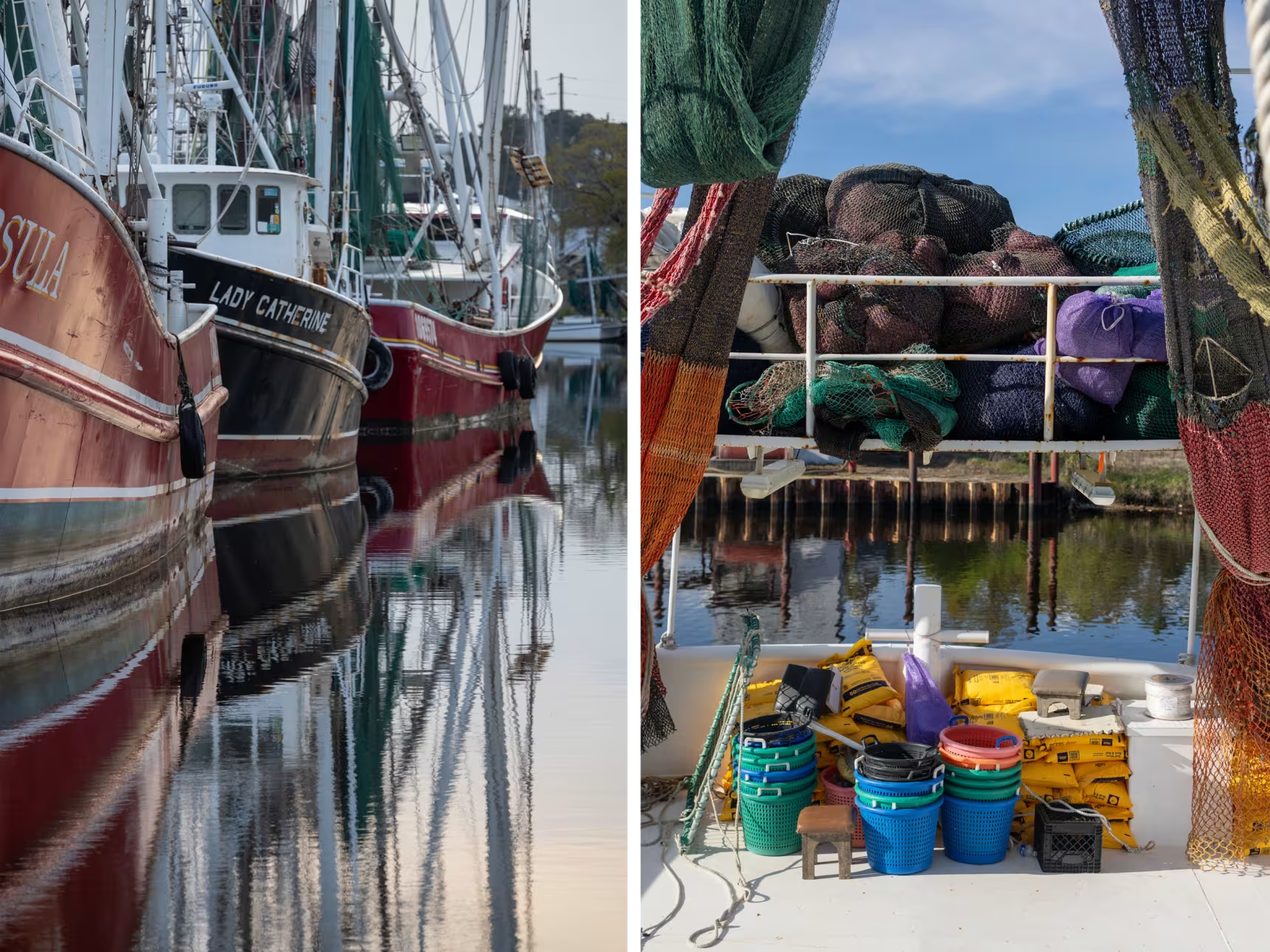
While shrimpers want higher tariffs, others in the seafood industry have opposed them. Maine’s governor has raised concerns about retaliation from Canada, the state’s largest trading partner. The National Fisheries Institute, a trade association, is also wary of seafood tariffs, noting that they could cause inflation.
John Sackton, an industry analyst who runs a publication called Seafood Source, cited a recent survey showing that consumers are likelier to cut back on restaurant dining and buy less expensive groceries when they are trying to spend less.
“We depend on people hitting the seafood counter instead of walking by,” he said. “If this economic sort of headwind follows through, seafood is going to be hurting a lot.”
Regardless of what happens with tariffs, some relief could be coming soon for Bayou La Batre as another main industry, shipbuilding, is set to grow. A shipyard expansion is expected to create 136 jobs over the next few years.
Standing on the porch of his net shop, a former church, Barnes said he prays that things will get better for shrimpers. He figures he’ll have to see Wednesday.
“People are going to be happy or sad one or the other,” he said. “I hope we’re some of the happy people.”
This story first appeared on NBCNews.com. More from NBC News:


